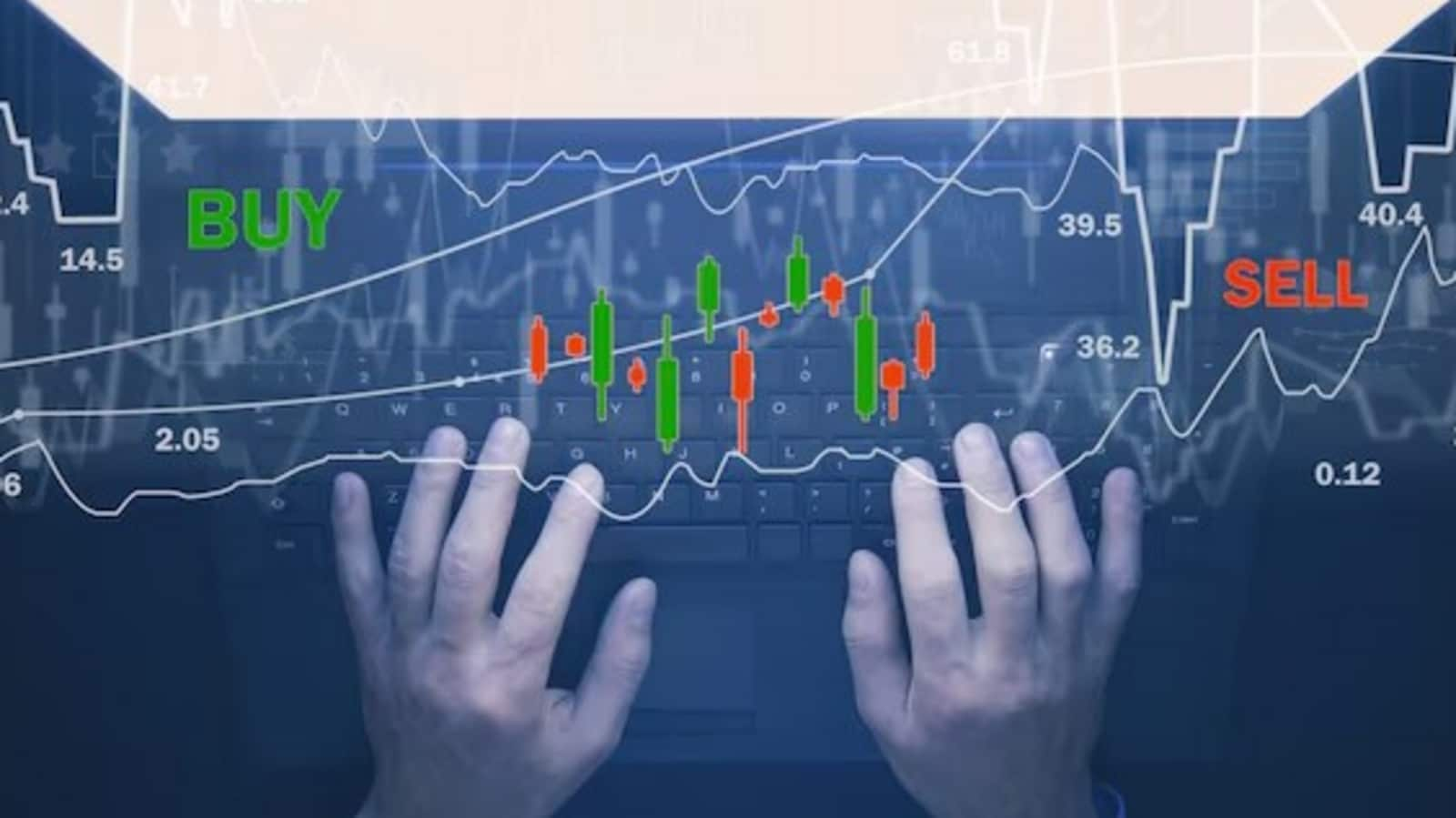On a tumultuous Friday, global financial markets experienced a dramatic sell-off, plunging into a deeper crisis reminiscent of the turmoil seen during the COVID pandemic. The S&P 500 plummeted by 5.7%, and the Dow Jones Industrial Average dropped a staggering 2,054 points, marking one of Wall Street’s most severe downturns in years. The Nasdaq composite followed suit, falling by 5.5% with just over an hour to go in trading, driven by escalating tensions in the ongoing trade war between the United States and China.
Trade War Escalation
The latest developments stemmed from China’s retaliation against the U.S. tariffs, with the Chinese government announcing a matching 34% tariff on all U.S. imports, effective April 10. This tit-for-tat approach has heightened fears of a global economic slowdown, leading to widespread losses across financial markets. Notably, European stocks also took a hit, with a collective drop of around 5%, while crude oil prices fell to their lowest levels since 2021.
- Key Market Drops:
- S&P 500: -5.7%
- Dow Jones: -2,054 points
- Nasdaq: -5.5%
- European stocks: -5%
- Crude oil: Lowest since 2021
Despite a positive U.S. jobs report showing stronger-than-expected hiring, which usually bolsters market confidence, the effects of the trade war overshadowed any good news. The report indicated that the U.S. job market remains resilient, a crucial factor in preventing an economic recession. Yet, investors were more concerned about future repercussions than optimistic past data.
Economic Concerns and Expert Opinions
Rick Rieder, Chief Investment Officer of global fixed income at BlackRock, emphasized the shifting economic landscape, stating, “The world has changed, and the economic conditions have changed.” The pressing question remains: Will the trade war push the global economy into recession? With the S&P 500 down approximately 16% from its February peak, many analysts fear further declines are imminent.
From his Mar-a-Lago residence, former President Donald Trump appeared unfazed, declaring via social media, “THIS IS A GREAT TIME TO GET RICH.” However, the future of the tariffs and potential retaliatory measures from other nations will be crucial in determining the market’s trajectory. Trump has acknowledged potential short-term pain for Americans due to tariffs, asserting that the long-term benefits of revitalizing U.S. manufacturing jobs justify the current turbulence.
Brian Jacobsen, Chief Economist at Annex Wealth Management, likened the investment landscape to a surgical procedure conducted without anesthesia, highlighting the anxiety investors are feeling. However, he also suggested there might be a rapid negotiation process that could lead to a quicker recovery from tariffs.
Global Responses and Market Reactions
In a bid to address the trade tensions, Vietnam’s Deputy Prime Minister is set to visit the U.S. for discussions, while the head of the European Commission has vowed to respond decisively.
Trump criticized China’s response to U.S. tariffs, stating on his social media platform that they “PLAYED IT WRONG” and “PANICKED.” As a result, companies heavily reliant on China for business faced significant losses.
- Notable Stock Declines:
- DuPont: -11.7% due to an anti-trust investigation in China.
- GE Healthcare: -12.7% with 13.8% of revenue coming from China.
Bond Market and Federal Reserve Actions
In the bond market, Treasury yields dropped sharply, reflecting growing concerns about the U.S. economy’s stability. The yield on the 10-year Treasury fell to 3.99%, down from 4.06% the previous day and significantly lower than the 4.80% seen earlier this year. The Federal Reserve may consider cutting interest rates to alleviate economic pressures, but concerns about rising inflation could limit their ability to do so effectively.
Fed Chair Jerome Powell warned that tariffs could stoke inflationary expectations, potentially creating a cycle of rising prices that would further complicate economic recovery efforts. American households are already bracing for higher costs, underscoring the urgency of maintaining stable inflation expectations.
International Market Impact
The repercussions of the trade war were felt worldwide, with significant losses in international markets:
- Germany’s DAX: -5%
- France’s CAC 40: -4.3%
- Japan’s Nikkei 225: -2.8%
As uncertainty looms, it remains to be seen how these economic dynamics will unfold, and whether swift negotiations can mitigate the impacts of the ongoing trade war on global markets.











